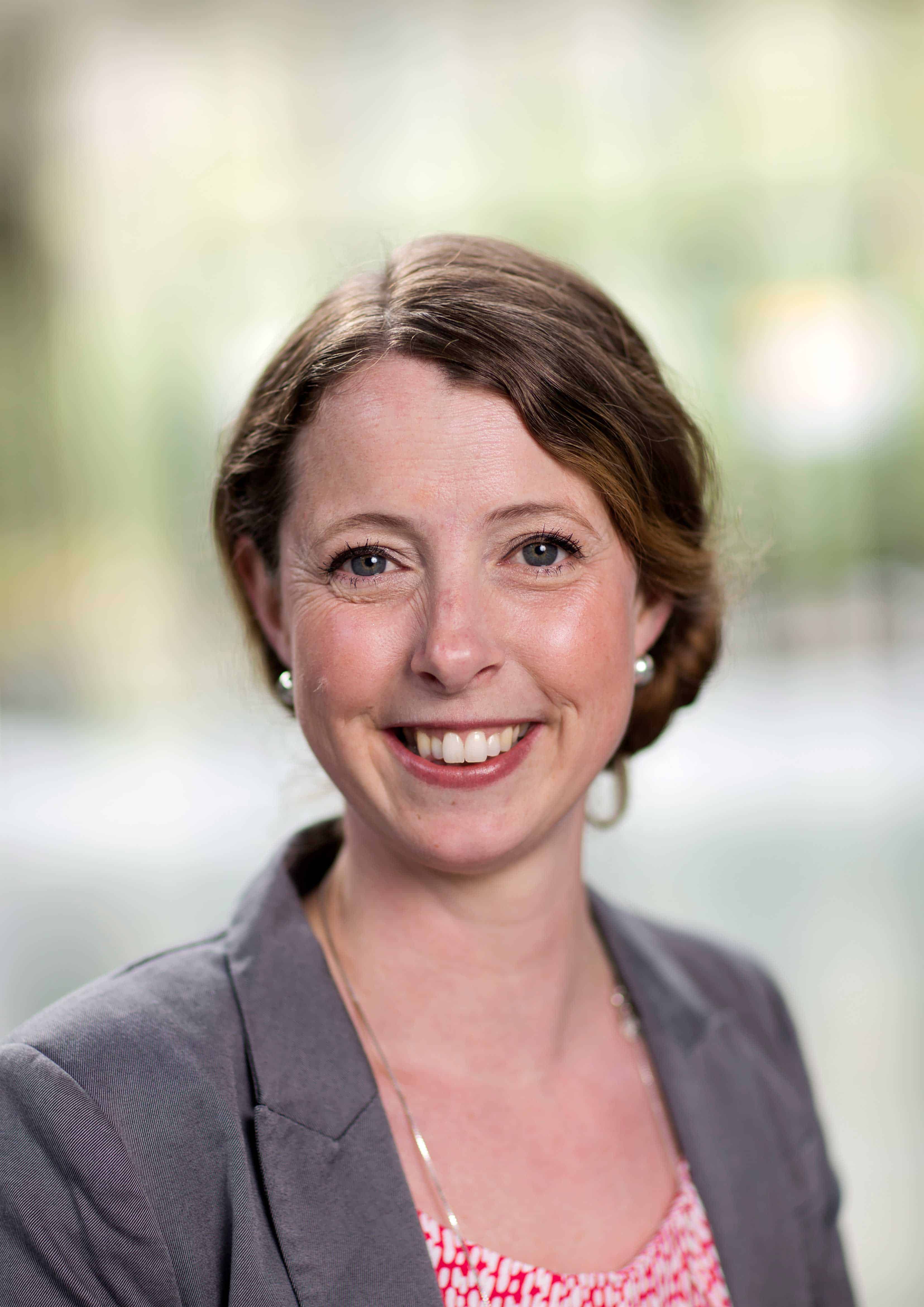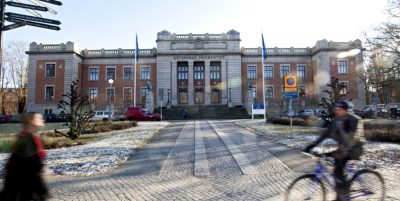The University of Gothenburg and four other higher education institutions have launched a project that will help new arrivals who commenced or completed their doctoral studies to continue their careers in Sweden. The project has been granted SEK 1 million as part of STINT’s Grants for Integration and Internationalisation programme.
The Grants for Integration and Internationalisation programme started as a pilot project during the spring semester of 2017 with the aim of helping to create opportunities to involve and integrate academics who recently arrived as refugees into the Swedish higher education sector. The programme therefore also aims to contribute to the strategic internationalisation of higher education institutions.
The government has tasked Swedish higher education institutions with facilitating the employment of new arrivals through training. Thus far, professions such as university teachers or researchers had not been included in these projects. This project takes the form of a fast track for new arrivals who have commenced or completed their doctoral studies abroad. The participants must be living in Sweden and must have done so for no longer than five years.
“We were really happy when we saw the call from STINT, because we wanted to invest in this target group. This is an opportunity for us to shorten their paths into Swedish universities, to keep their skills updated and to give them a way of retaining their identities as researchers, irrespective of whether they choose to stay in Sweden or return to their countries of origin,” says Karolina Catoni, project coordinator at the University of Gothenburg.
“This is also a valuable way for us and the other higher education institutions to broaden our skills and adapt to the demography, so that our organisations reflect the make-up of society. It is also an opportunity to widen the scope of the notion of internationalisation, so that it does not only concern teacher and student mobility,” she says.
The five higher education institutions will offer three types of activities as part of the project in the form of training, career coaching and academic mentorship. After completion of the programme, participants will have a clear sense of how they can continue their careers in or outside of Swedish academia. If the project succeeds, the aim is to include research on its results. Without STINT’s Grants for Integration and Internationalisationprogramme, it would probably not have been possible to conduct a project on this scale, according to Karolina Catoni.
The project title is Inclusive Internationalisation, Fast track for university teachers and researchers and the other four higher education institutions are Chalmers, Skövde University, the University of Borås and University College West. Associated partners include Region Västra Götaland, Västra Götaland County Council, Global Talent West Sweden, and the Support Group Network. The project continues until 2019.

Karolina Catoni, project coordinator at the University of Gothenburg. Photo: Johan Wingborg.

